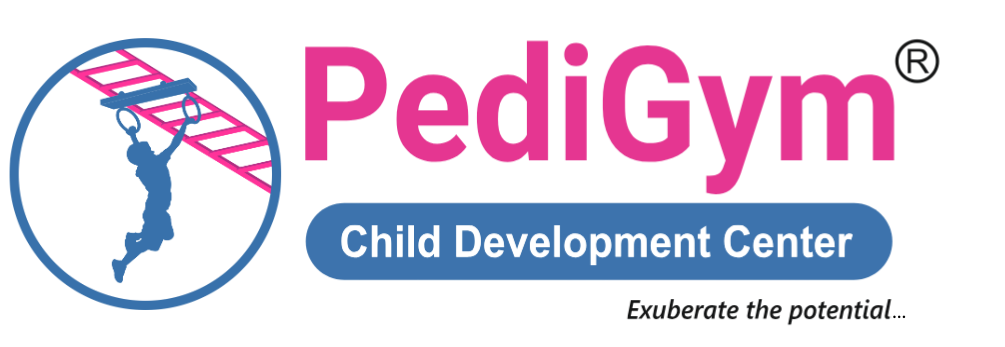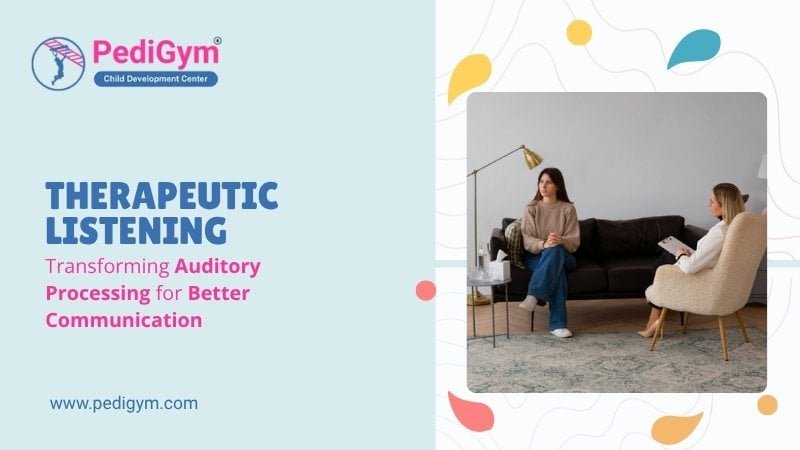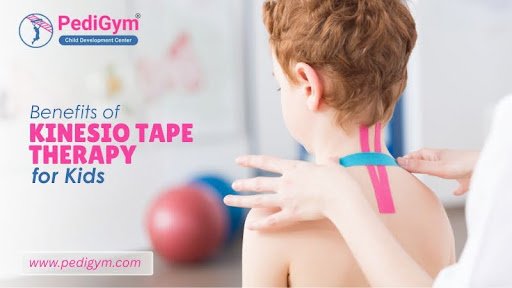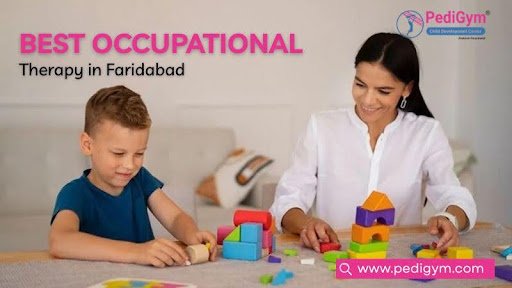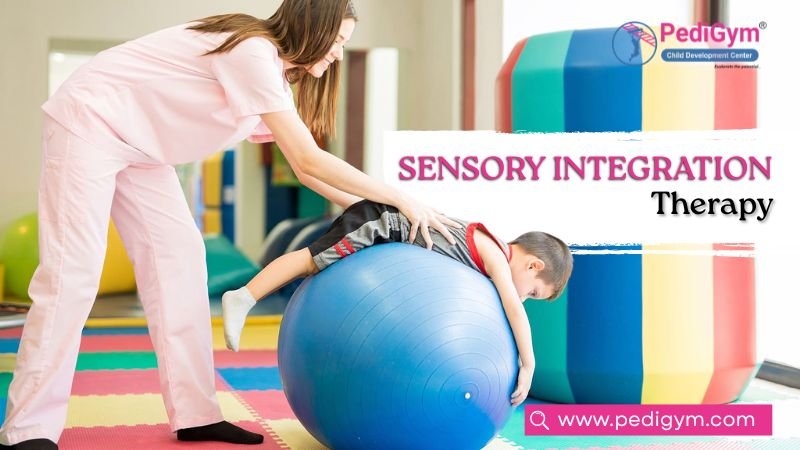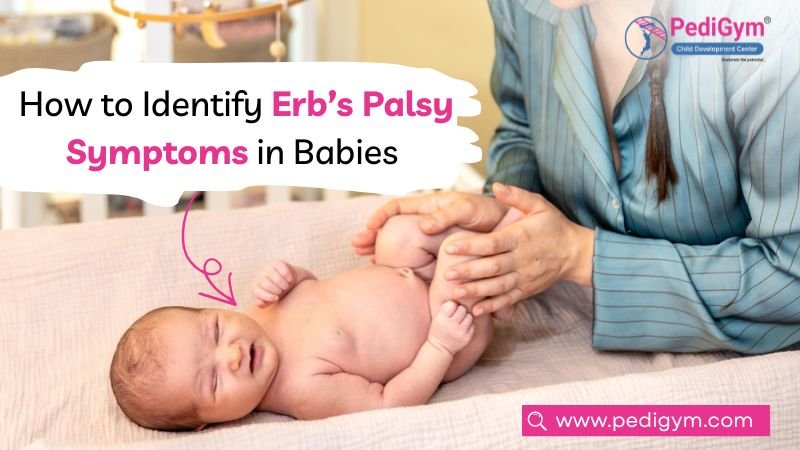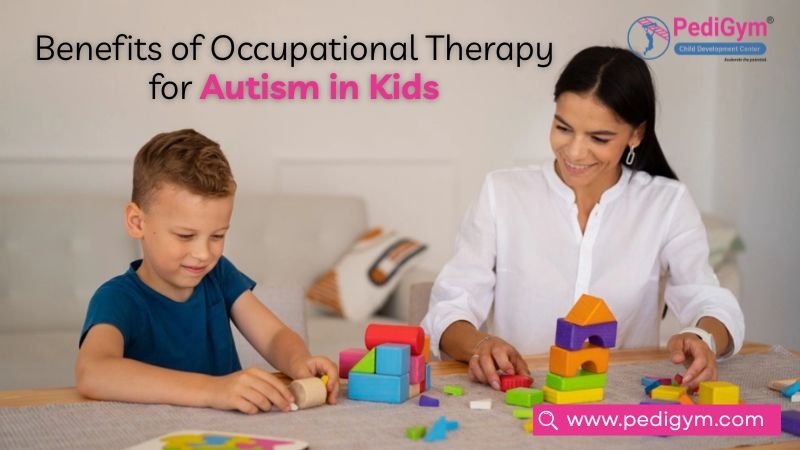We often forget how much our hearing affects our communication, learning, and daily life. But, a new method called Therapeutic Listening is changing this. It’s helping people with sensory issues and improving how we use sound. This is great news for parents, teachers, and healthcare workers in India.
This article will show you how Therapeutic Listening can help. It can make communication, emotional control, and thinking better for kids and adults.
Key Takeaways
- Therapeutic Listening is a revolutionary approach that enhances
auditoryprocessing and communication skills.
- This holistic practice benefits individuals with sensory processing disorders,improving their ability to engage, express, and connect with the world
- Therapeutic Listening techniques can help regulate emotions, improve focus andattention, and boost learning abilities.
- Sound therapy, a core component of Therapeutic Listening, can have a profound impact on anxiety, depression, and behavioral issues in children.
- Combining Therapeutic Listening with occupational therapy offers a comprehensive solution for individuals with special needs.
Unveiling the Power of Sound Therapy
In the world of therapeutic listening, sound therapy shines brightly. It uses music, sound, and exercises to help with communication and sensory issues. It helps with auditory processing in kids and supports those with autism, making it a powerful tool.
The Importance of Auditory Processing in Child Development
Auditory processing is key for kids’ growth. It helps them understand language, communicate well, and connect with their surroundings.
Therapeutic listening exercises for auditory processing can boost their skills, leading to better communication and school performance.
Therapeutic Listening: A Holistic Approach to Enhancing Communication
Therapeutic listening combines sound therapy, music therapy, and special exercises. It tackles communication and sensory challenges. By using therapeutic listening techniques for emotional regulation and using music therapy for behavioral issues in children, it helps people of all ages. They can express themselves better, manage their feelings, and connect with others.
“Therapeutic listening has the power to unlock the door to better
communication, allowing individuals to express themselves with clarity and confidence.”
Therapeutic listening helps kids with special needs and adults with anxiety and depression. It’s a powerful way to help people grow and succeed in their lives.
Therapeutic Listening
Therapeutic Listening uses sound to help with many challenges. It’s more than just hearing. It’s about how sound affects our mind and feelings.
It’s key for kids to process sound well. This helps with talking, social skills, and school. Therapeutic Listening helps those with special needs to focus and feel better.
Enhancing Focus and Attention through Therapeutic Listening
Therapeutic Listening helps people focus better. It uses special sounds to improve listening skills. This makes it easier to learn and do tasks.
Many studies show it works well. It helps with behavior and school work.
Integrating Therapeutic Listening in Occupational Therapy and Educational Settings
It’s used a lot in occupational therapy. It helps with feeling and sensory issues. It’s also good in schools for kids with learning problems.
It’s great for home use too. Families can keep up the good work at home.
| Therapeutic Listening Techniques | Targeted Outcomes |
| Auditory Discrimination Exercises | Improved Sensory Integration |
| Rhythmic Entrainment Activities | Enhanced Emotional Regulation |
| Binaural Beat Therapy | Increased Focus and Attention |
| Neuroacoustic Interventions | Reduced Anxiety and Stress |
Therapeutic Listening is very flexible. It meets the needs of each person. It’s a powerful way to improve lives and open up new possibilities.
Harnessing the Benefits of Therapeutic Listening
Therapeutic listening is a powerful tool in occupational therapy. It helps improve communication, sensory integration, and thinking skills. It uses sound to bring many benefits to people of all ages.
Improved Sensory Integration and Emotional Regulation
Therapeutic listening helps with sensory integration, which is key for kids. It works with the ears to help kids better understand their senses. This leads to better self-control and emotional balance.
This, in turn, helps kids do better in social situations and feel happier overall.
Enhancing Focus, Attention, and Learning Abilities
Therapeutic sound can greatly improve focus, attention, and learning. It can be used through therapeutic listening apps and tools or home-based activities. This helps both kids and adults reach their best in school and life.
Therapeutic listening fits well into many places, like therapy, home, and school. It uses sound therapy, listening techniques, and auditory processing. This way, it helps with sensory integration, focus and attention, and
emotional regulation for everyone.
“Therapeutic listening is a game-changer in the realm of occupational therapy, empowering individuals to unlock their full potential and thrive in all aspects of their lives.”
Conclusion
Therapeutic Listening has shown us its amazing power to change lives. It uses sound therapy and music to help people. This approach can help with sensory issues, emotional control, and learning.
If you’re a parent, teacher, or healthcare worker, this is for you. It can help with behavioral challenges. It also improves focus and social skills.
It’s great for kids with ADHD and helps with learning. Therapeutic listening
is also key in speech therapy. It brings many benefits to therapy sessions.
We’re excited to see how it will help more people. It’s all about better communication and well-being. The future looks bright for those who want to improve their lives.
FAQ
What is Therapeutic Listening and how can it benefit children?
Therapeutic Listening combines sound therapy, music therapy, and listening exercises. It helps children with sensory processing disorders, ADHD, and autism. It also helps those with developmental challenges to engage and connect better.
How does Therapeutic Listening improve auditory processing and communication skills?
It strengthens the connection between the ears and the brain. This helps children process sound better. It can lead to better language skills, social abilities, and communication.
What are the benefits of Therapeutic Listening for emotional regulation and behavior management?
It positively affects emotional control and behavior in kids. Sound therapy and music help manage emotions. It reduces anxiety and depression, and improves focus and self- control.
How can Therapeutic Listening be integrated into occupational therapy and educational settings?
It’s a great tool in occupational therapy, used with sensory integration techniques. In schools, it enhances learning, focus, and social skills. It’s used in classrooms to support students.
